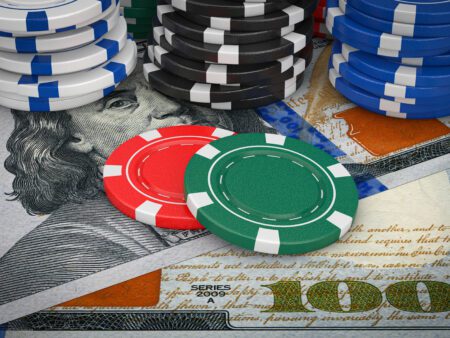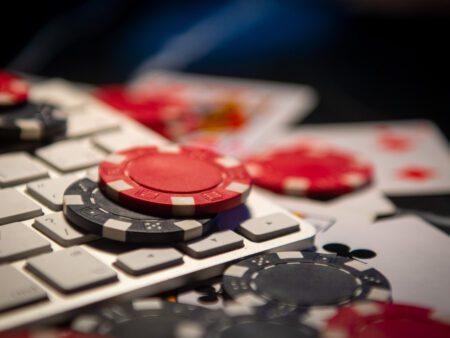Discover the psychology behind gambling and learn how to improve your chances of winning. Explore the gambler’s fallacy, the illusion of control, the impact of emotions, the power of illusions, and the importance of bankroll management.
Psychological Insights into the Art of Gambling
Have you ever wondered why some people seem to have a natural knack for gambling while others struggle to find success? It turns out that there is more to the art of gambling than just luck and chance. Understanding the psychology behind gambling can give you a competitive edge and improve your chances of winning.
The Gambler’s Fallacy
One of the most common psychological traps that gamblers fall into is known as the gambler’s fallacy. This is the belief that previous outcomes can influence future outcomes. For example, if a coin has landed on heads five times in a row, the gambler’s fallacy would suggest that tails is more likely to come up next. In reality, each outcome is independent of the previous one, and the odds remain the same.
The Illusion of Control
Another psychological factor that affects gambling behavior is the illusion of control. Many gamblers believe that they have some degree of control over the outcome of a game, even when it is purely based on chance. This belief can lead to an increase in risk-taking behavior and can cause gamblers to persist in their efforts even when the odds are stacked against them.
The Impact of Emotions
Emotions play a significant role in gambling behavior. When players are experiencing positive emotions such as excitement or joy, they are more likely to take risks and bet more money. Conversely, negative emotions such as frustration or anger can cloud judgment and lead to impulsive decisions. Understanding how emotions can influence your gambling can help you make more rational and strategic choices.
The Power of Illusions
Psychological illusions can also affect how gamblers perceive their chances of winning. For example, the near-miss illusion occurs when a player narrowly misses a jackpot, creating a sense of almost winning. This can increase motivation and encourage players to continue gambling in the hopes of experiencing that near-miss again. Being aware of these illusions can help you stay grounded and make more informed decisions.
The Importance of Bankroll Management
Lastly, effective bankroll management is crucial for successful gambling. Many gamblers fall into the trap of chasing losses or increasing their bets after a win. This can quickly lead to financial ruin. By setting limits on your gambling budget and sticking to them, you can protect yourself from the negative consequences of impulsive and irrational decision-making.
Understanding the psychological factors at play in gambling can have a profound impact on your success as a gambler. By recognizing and overcoming common cognitive biases, managing your emotions, and approaching gambling with a strategic mindset, you can improve your chances of winning and have a more enjoyable and responsible gambling experience.










